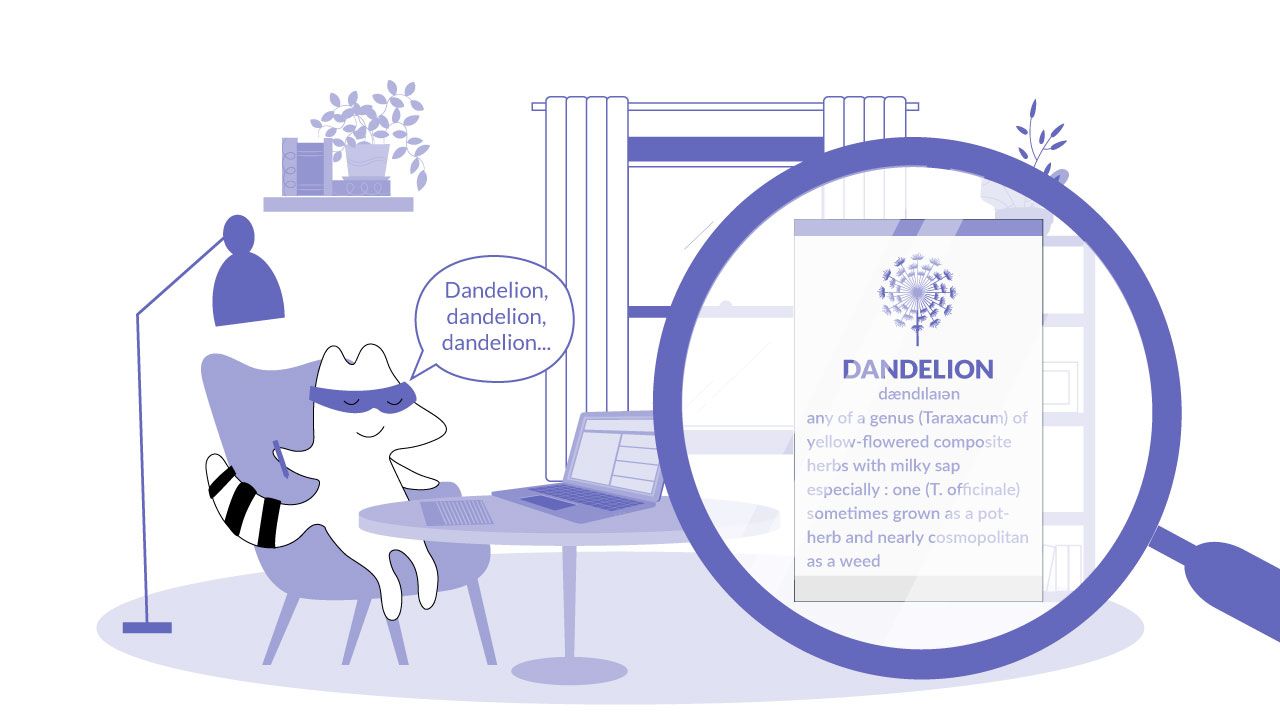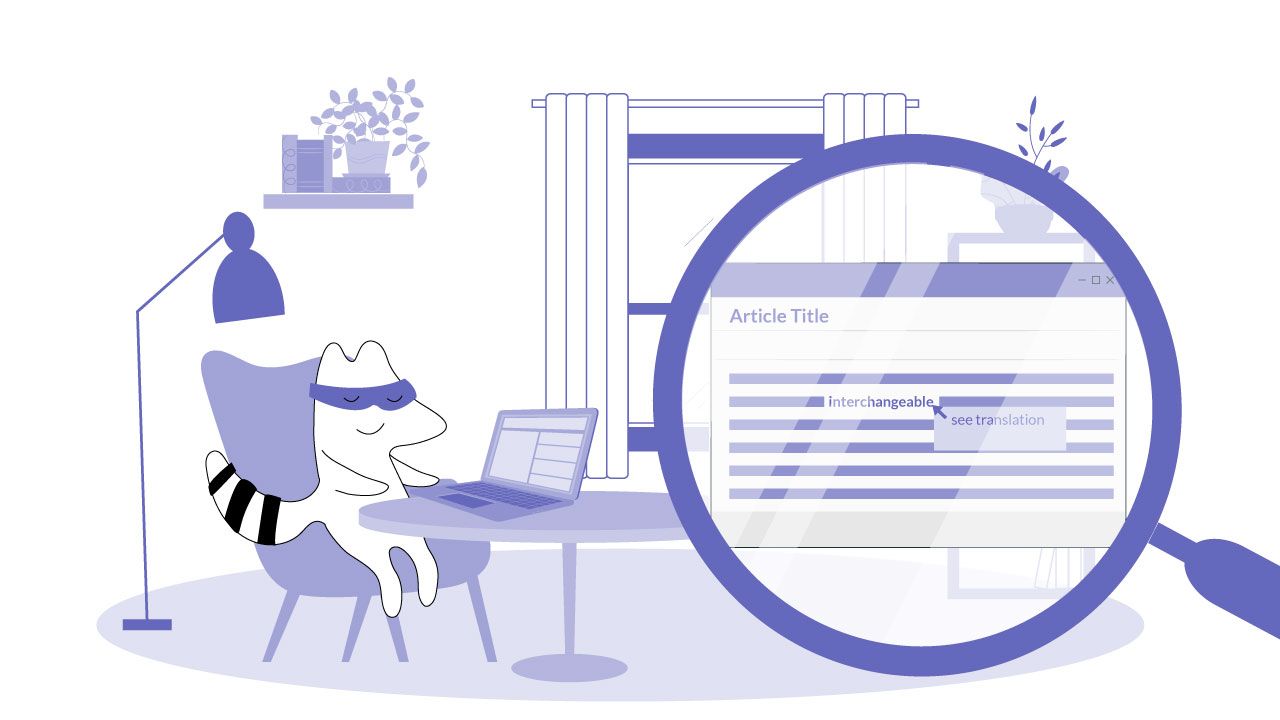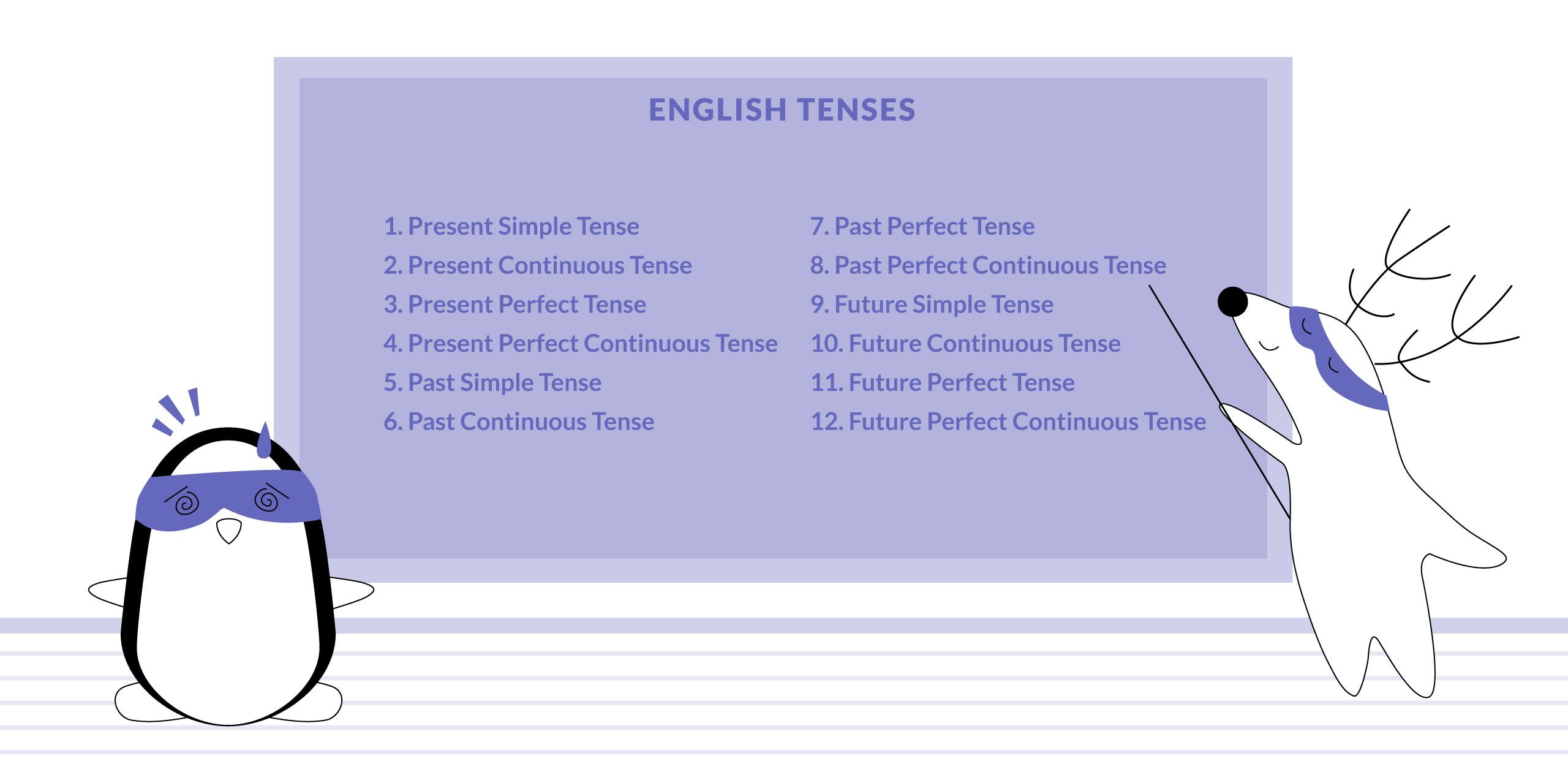
Moving your classes online is one of the most convenient and effective methods to learn English in our day and age. First of all, the near-endless amount of online resources and free educational materials available online allow you to not only check your English level but also create a comprehensive study plan to develop your language skills at your own pace.
Secondly, online learning helps you to learn English from the comfort of your home, saving you both time and money on commuting and expensive textbooks. But if you want to start learning English online, you should know how to organize your learning process first. Below, you will find valuable tips and sources to start. Read on!
Set Your Goals
It’s important to define your own purpose to start learning or improving your English language skills, especially if you're learning English on your own. Without a clear goal, you will more likely give up this idea very soon, especially since you will not have a teacher to motivate you and adjust your study plan.
If you decide to learn English online, remember that you will be responsible for several tasks at once. This includes creating a learning schedule, choosing online English courses according to your current English skills, and tracking your progress.
It might seem like you don't have enough time or energy to study, but in fact, the real reason people struggle to learn a language is usually a lack of motivation.
As such, you should set your goal and keep your eyes on the prize. For example, you can write it down on a piece of paper and hang it over your desktop, or put a picture on your phone's screensaver that will remind you of your goal.
The more precise your goal is, the better. So, instead of thinking, "I will be able to move to an English-speaking country," think of why you want to do so. For example, "I will be able to enroll in one of the top universities in Canada" or, even more specifically, "I want to improve my English writing skills to write an admission essay to Stanford."
Plan Your Online Learning Process
Once your goal is set, it's time to move on to concrete steps. Below, you will find an approximate plan that will suit both those who learn English online from scratch and those who want to continue their English studies. Keep in mind that you will have to pay attention to all aspects of English and include all of them in your study plan.
Here is how to organize your online English learning process:
Learn the Pronunciation Rules
For beginning English learners, pronunciation rules can be one of the most challenging parts of learning. However, the correct pronunciation is essential for learning how to speak English.
It can seem daunting at first because English phonetics have a lot of inconsistencies. It can be hard to read a word in English and know how to say it. Fortunately, it is not necessary to study phonetics from textbooks.
You can easily find the correct pronunciation of a word in an online dictionary, and you can also train your pronunciation by watching educational videos on YouTube.
Please note that the correct pronunciation of words is sufficient for you to be correctly understood. You’ll still have an accent, and that’s ok. Most English speakers have no trouble understanding accents.
If you intend to get rid of a recognizable accent, it might not be easy to hone English pronunciation on your own, as it is difficult to assess how correct your articulation is. For this purpose, you might consider searching for online English courses with a tutor.

Expand Your Vocabulary
Whether your goal is to master professional English skills or expand your business English vocabulary, you still need to ensure you know the basics. You’ll want to continue paying attention to how to pronounce new words, even if you have already memorized the basic rules of phonetics, as there are a lot of exceptions in the English language.
Overall, The Oxford 3000 is a good starting point for improving your vocabulary skills and gaining confidence in English. These words should receive priority in vocabulary study as language experts and experienced teachers have carefully selected them because of their importance and usefulness.
In addition, make sure to practice using new words in context. You can compose simple phrases with new words with popular websites like Reverso. This site lets you look for usage examples of words, as it finds phrases with a given word in literature and in media.
Another helpful site is PlayPhrase. You type a word or expression in the input line, and it selects excerpts from movies and TV shows to provide you with context, which allows you to practice your pronunciation and listening skills.
Study Grammar
There is no need to be afraid of English grammar if you have the right textbook, so here is our list of the best books to learn English.
However, one of the most common mistakes when studying grammar online is to get carried away with theory and forget about practice. Fortunately, practicing is not limited to exercises only - you can also read the texts and listen to native speakers.
Combining reading, watching, and listening will help your brain memorize correct grammatical constructions, even if you forget the rule itself.
The internet has plenty of both lessons and practice course materials on English grammar. For example, you can find the rules and quizzes or practice grammar by choosing the category on free websites like British Council or EnglishGrammar.org.
Watch and Listen
To improve your English listening skills, you will need to do some necessary exercises, but do not limit yourself to educational audio recordings only. You also need to be prepared for unfiltered spoken English, so try to immerse yourself in the conversational speech that includes slang and idioms.
If you're taking online classes with a tutor and other students, it’s a great opportunity to participate in group discussions, which trains different language skills simultaneously.
However, if you're going through online English lessons independently, make sure to diversify your learning process with additional things you can watch and listen to. Here are some ideas:
- Podcasts on topics you're interested in. There is a large selection of English-language podcasts on the different streaming platforms, but not all are suitable for beginners. Check out this post on the best podcasts to learn English.
- Movies or TV series with subtitles. You can start by rewatching movies and TV shows you've already watched dubbed because when you already know the plot, you can concentrate more on the language. It will be more effective to turn on English subtitles so that you can correlate the sound of words with their spelling.
- TED Talks. TED speakers present their talks in academic English, and you will definitely find something interesting for yourself among the various topics of the TED Talks.
- Cartoons. In addition to simple vocabulary, cartoons are good because they often feature songs, which helps easily memorize basic vocabulary.

Read Simple Texts
Today, we have virtually unlimited access to books and publications available in the English language, thanks to free online libraries, digital editions of popular magazines, ebooks, and blogs.
To improve your English reading skills online, you should get in the habit of reading simple texts in English on a regular basis. Besides books from our previous post mentioned above, you can also consider news articles when deciding what to read.
For example, you may choose an article per day from an online platform Positive News - as you can guess from the name, you will find positive and inspiring news published there. However, as news can often contain long sentences and complex words, try reading short stories in English on the Langster app.

Use Apps
Learning English online becomes more fun and effective when you use apps. Today, you can find many free apps available for iOS, Android, and Windows, and some of them are explicitly designed to improve one particular aspect of your English skills.
Here are a few of the most popular apps to learn English online:
- Rosetta Stone. It is one of the most versatile apps that teaches you English grammar, vocabulary, pronunciation, and more.
- Duolingo. It is one of the most popular apps for boosting vocabulary skills by turning studying into a game.
- HelloTalk. This app allows you to chat with native English speakers from around the world, which is extremely handy if you want to speak English fluently.
- FluentU. It is an app based on language immersion through English-language videos such as news, music videos, and commercials.
- English Grammar in Use. It is an app based on Raymond Murphy's bestselling textbook and focuses mainly on improving grammar.
Additional Online Resources
Apart from all the websites and apps mentioned above, you can also find many other online resources to learn English. These include communities on social media networks, forums, blogs, and free online courses at popular platforms like Udemy, Coursera, and edX.
Here are some more online English services that can help you learn English online:
- Urban Dictionary. This is an online dictionary of English slang - only here will you find popular words and abbreviations native speakers use in everyday speech and texting. More formal dictionaries simply do not have time to cover this constantly updated layer of vocabulary.
- Grammarly. This is an online service for checking spelling and other text errors, which will boost your writing skills. Apart from its browser extension, you can also read blog posts describing various English grammar nuances.
- Wordreference.com. Apart from an English learner's dictionary, you will find a language forum on this website where you can find answers to virtually any question regarding the English language.
The Bottom Line
As you can see, taking advantage of online courses, apps, and other educational tools and sources available online can be very helpful in your English learning journey. Moreover, you can use them either as an addition to your main study plan or move the whole process digital.
And don't hesitate to download our Langster app to enhance your English learning experience! It is full of bite-sized stories with audio from native English speakers and grammar explanations to improve your language skills, build vocabulary, and test your knowledge with quizzes and games. Good luck!










